
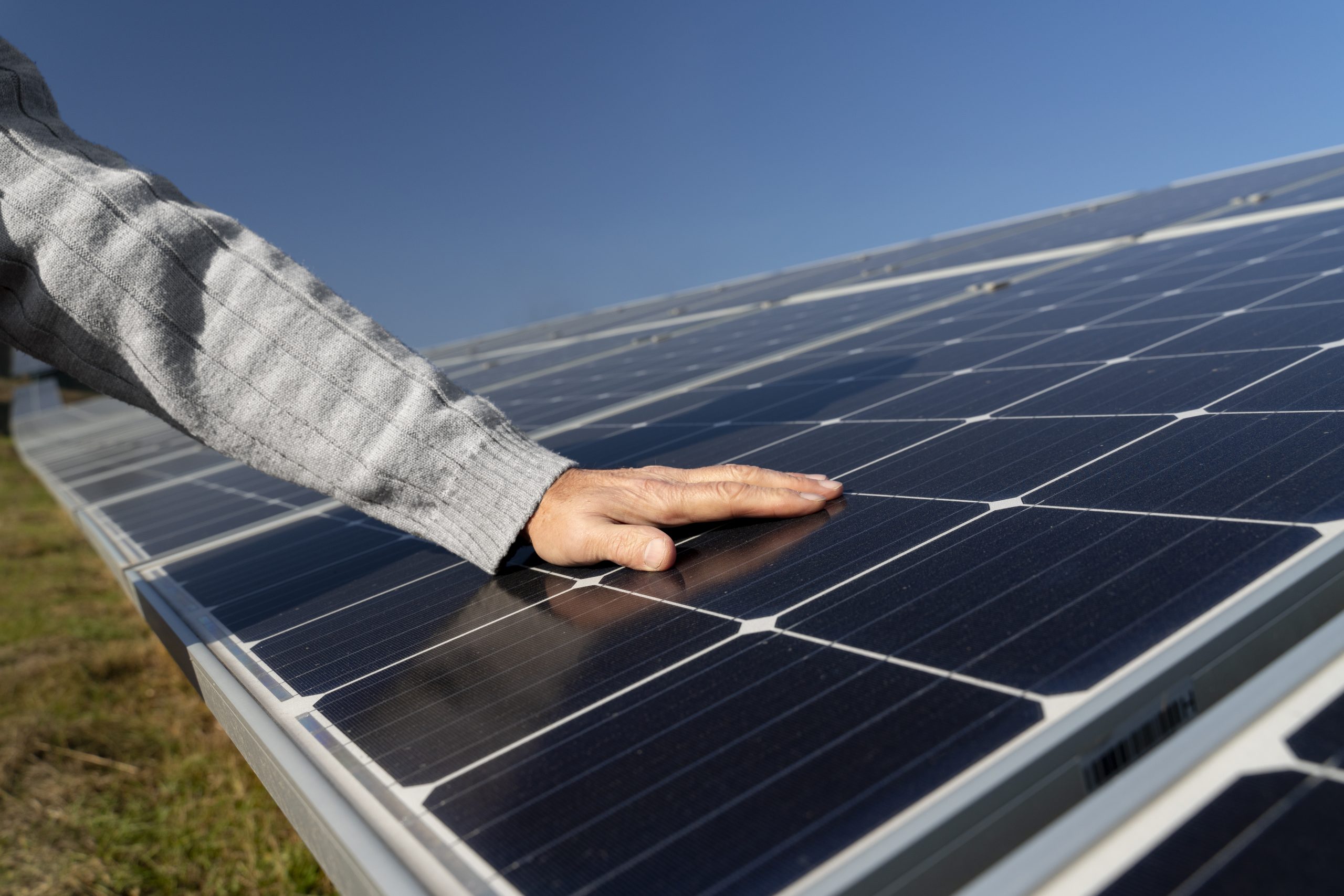


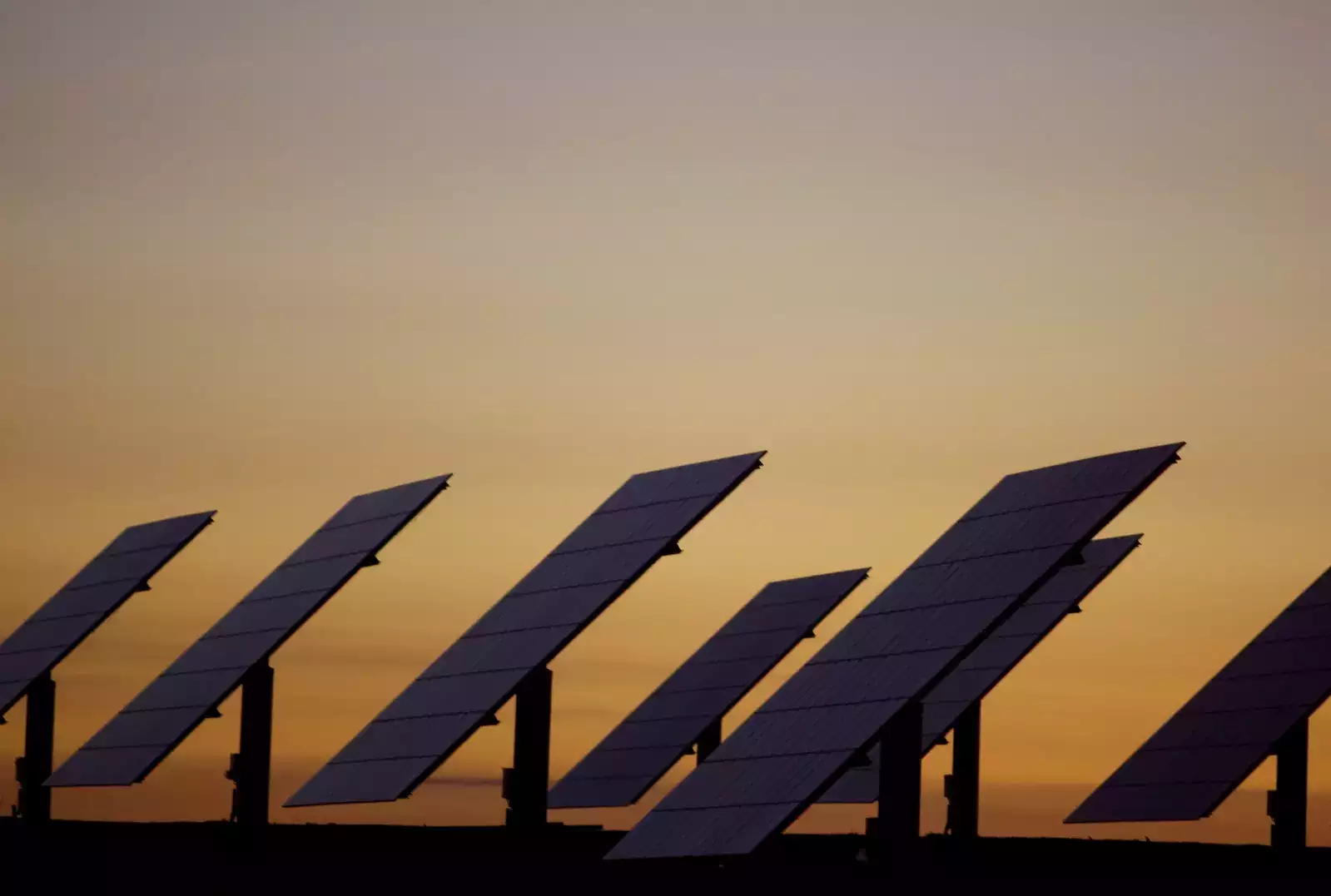
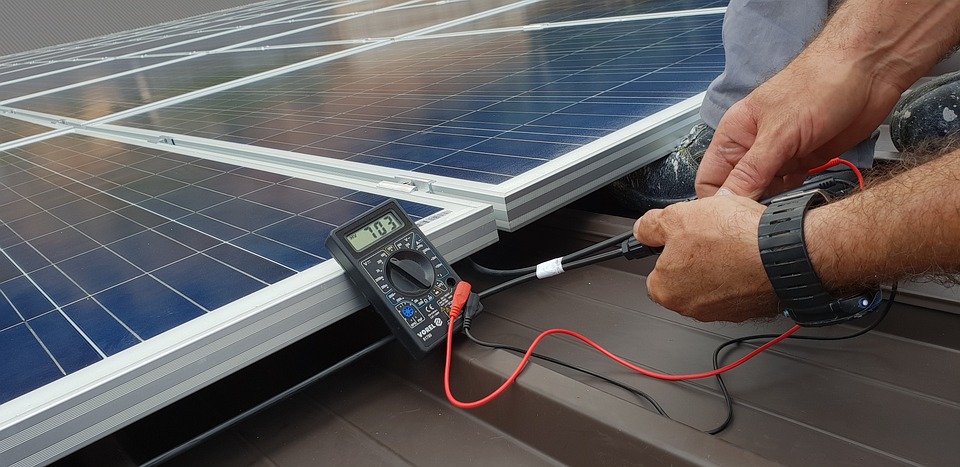
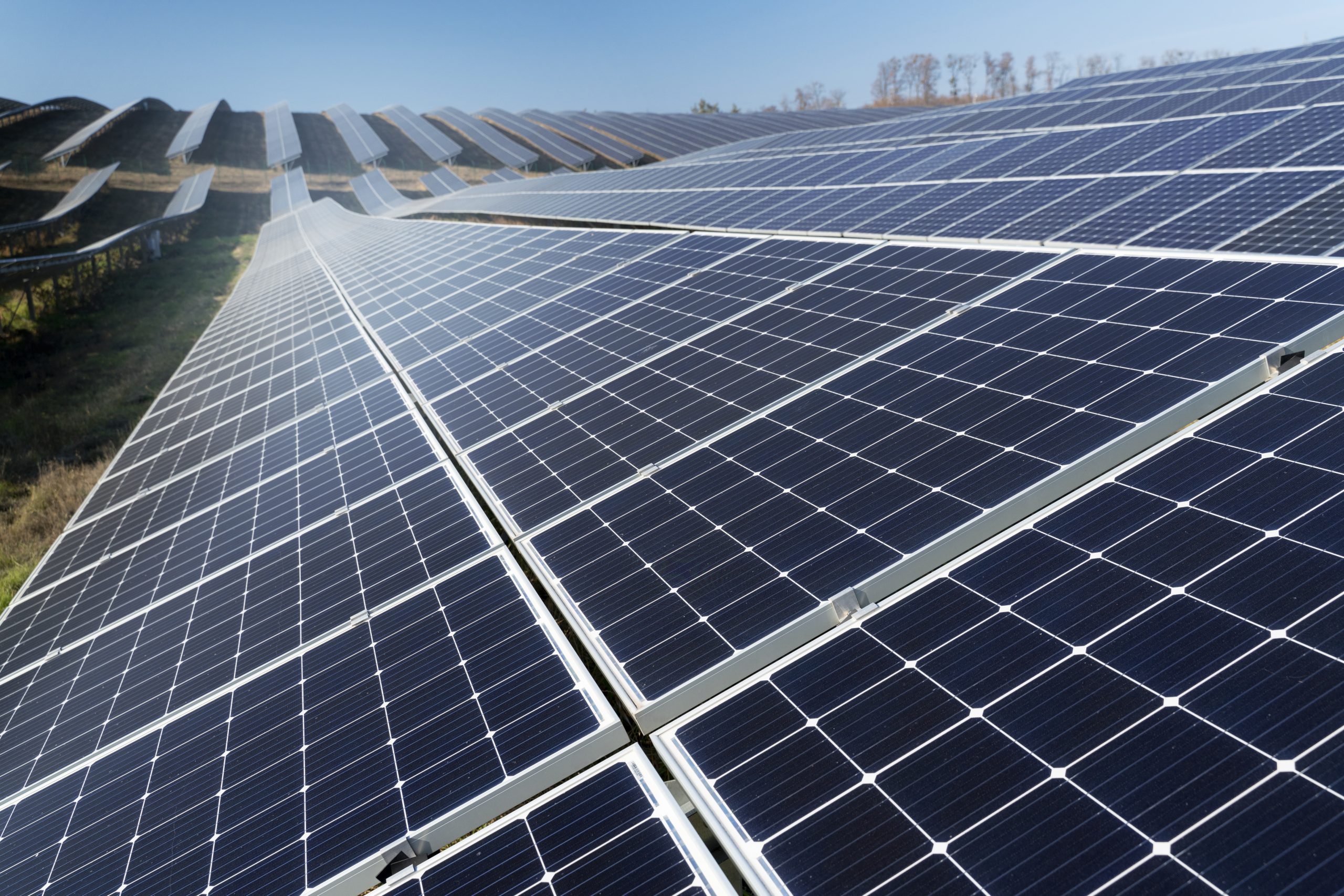
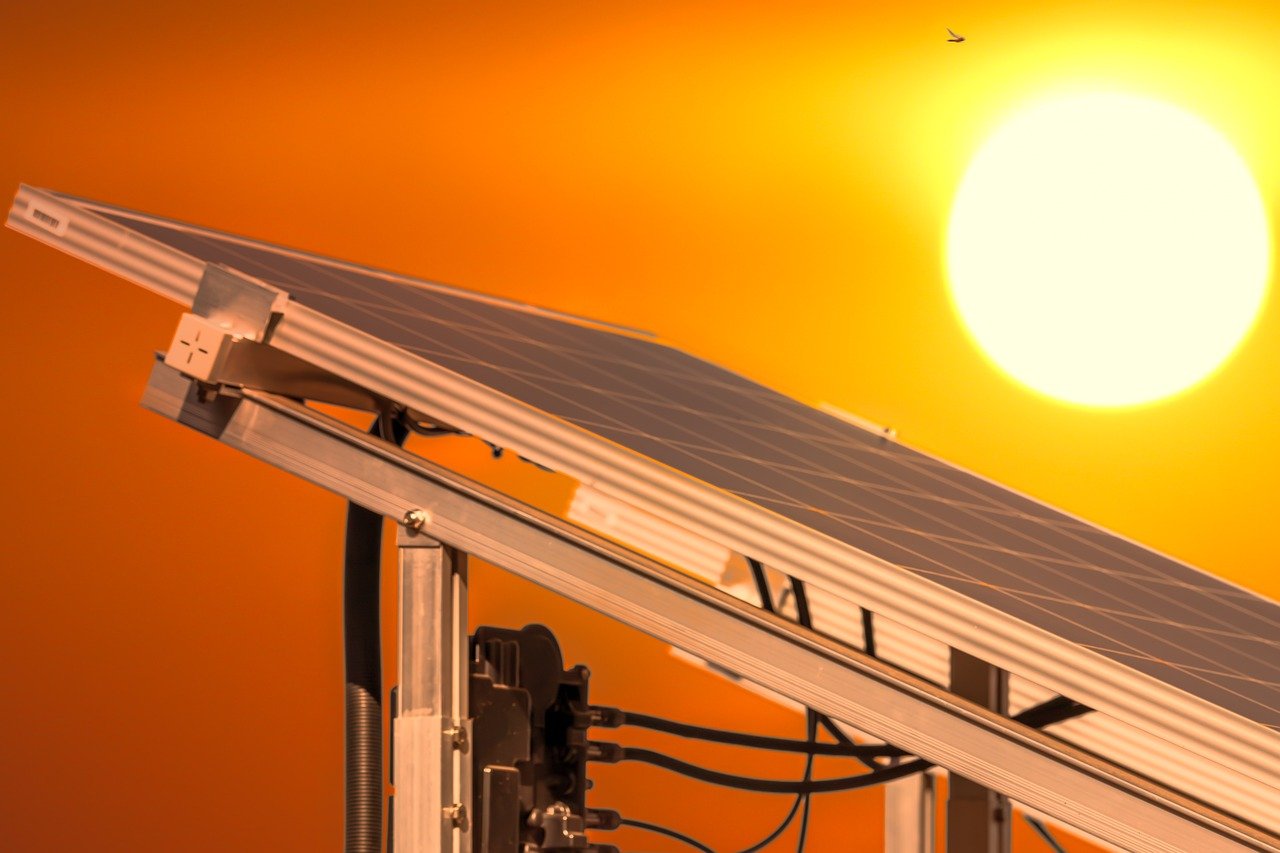


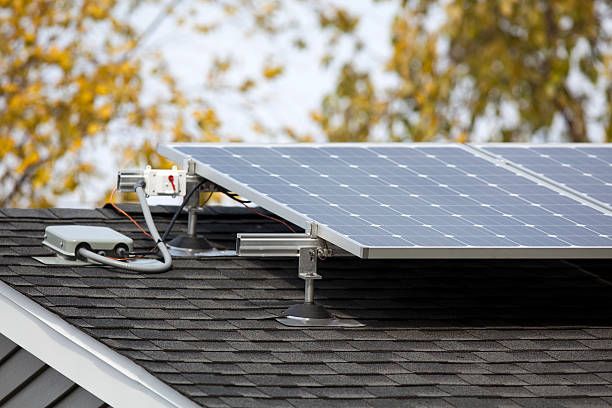
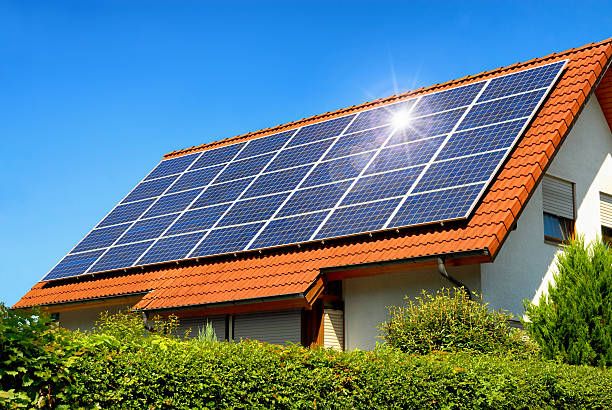
Tamil Nadu is in the heart of the south-Asian subcontinent. The state receives intense sunlight throughout the year due to its geographical location. Cloud covers are not common there, and monsoon showers are scanty. This makes solar energy a highly profitable option in Tamil Nadu.
The state government has made provision to make solar energy accessible to everyone through solar panel subsidy in Tamil Nadu. TEDA | Tamilnadu Energy Development Agency is responsible for promoting renewable energy sources in the state. Set up by the Government of Tamil Nadu in the year 1984 to create awareness and migrate the state from using fossil fuels to renewable energy.
The residential RTS plant should be the solar power system to apply for a subsidized connection. Residential RTS plant might be one of the following:
You can also read: Solar Panel Subsidy in India
The benchmark costs for Grid Connected Solar Rooftop Power Plants for the Year 2021-22 provided by MNRE is as following:
|
Capacity |
Benchmark cost (Rs/Wp) |
|
1 kW |
47 |
|
>1 to 2 kW |
43 |
|
>2 to 3 kW |
42 |
|
>3 to 10 kW |
41 |
|
>10 to 100 kW |
38 |
The scheme is approved by the Cabinet Committee on Economic Affairs and is to be implemented through the Electricity Distribution Company (DISCOMS). The solar subsidies in Tamil Nadu, 2020 delivered under this scheme are delineated under two components-
Solar net metering is a billing mechanism that offers monetary compensation for surplus solar electricity sent back to the grid. The grid, in this case, is TANGEDCO. In case of an electricity deficit in the building, necessary import is made from the grid to fulfill energy demands.
The steps involved in net metering are
The state government has worked to facilitate the set up of solar systems in Tamil Nadu. As a part of this program, it provides several subsidies to individual and business customers to set up solar panels in Tamil Nadu.
Read more: 1 KW Solar Panel Price in India